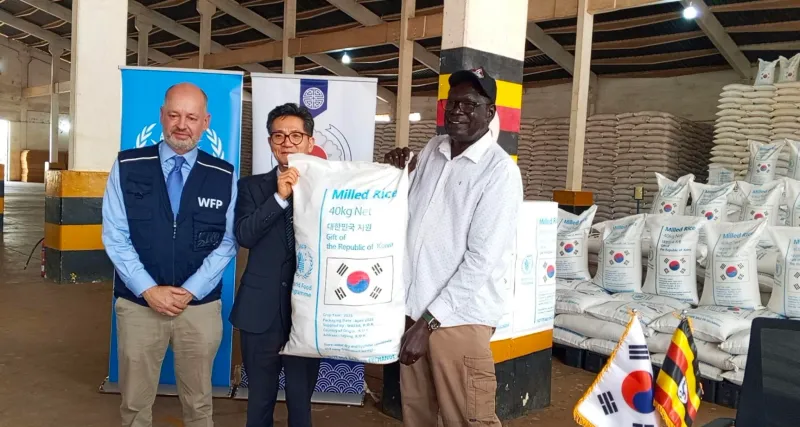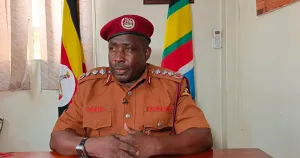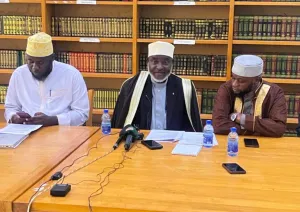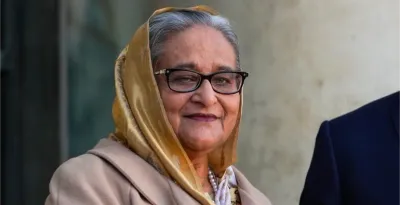
The Government of Korea has contributed 2,500 metric tons of rice, valued at 2.9 million US dollars, to the United Nations World Food Programme (WFP) to bolster food support for refugees and schoolchildren in Uganda. The consignment was formally handed over on Wednesday at the WFP warehouse in Gulu City by the Korean Ambassador to Uganda, Park Sung-soo, in the presence of Ugandan officials.
WFP announced that the food donation will supply vital assistance to 600,000 refugees living in 13 settlements and to 200,000 pupils in the Karamoja sub-region over the next year. Marcus Prior, WFP’s Deputy Country Director in Uganda, explained that the support arrives during a period of severe financial strain for the agency.
Earlier in the year, funding shortages had compelled WFP to reduce monthly food support from 1.6 million refugees to 700,000 of the most at-risk individuals. Many of these now receive only 60 percent of a full ration, and some get even less. Prior added that WFP’s school feeding initiative in Karamoja currently reaches 255,000 learners in 320 schools across nine districts, with the purpose of keeping children enrolled.
“Our assessments are already showing that these cuts have resulted in a rising food insecurity, including families skipping meals, rising malnutrition, and children dropping out of school,” said Prior. He praised Korea as one of WFP’s strongest and most dependable partners in Uganda’s refugee response.
“In the last five years, we've received over 19,000 tons of rice from Korea, making them one of our top donors. Korea has provided annual contributions since 2018, demonstrating a consistent and reliable partnership we can count on,” he said.
During the handover ceremony, Ambassador Park Sung-soo emphasised that Korea’s latest contribution comes as WFP contends with significant funding gaps. He expressed confidence that the support would help address urgent needs while reinforcing Uganda’s global reputation for humanitarian leadership. He also thanked the country for its continued openness to people seeking safety.
“We deeply appreciate the Government of Uganda, whose culture continues to offer safety and dignity to people seeking refuge. Your leadership enables families to restart their lives, educate their children, and look toward a hopeful future," said Sung-soo. He reiterated Korea’s commitment to long-term cooperation in sectors such as education, health, and livelihoods, adding that the donation is meant to reflect solidarity. “Korea remains committed to supporting your journey forward. We will continue to explore cooperation so that every person has the opportunity to progress with confidence," he said.
Uganda’s Minister for Relief, Disaster Preparedness and Refugees, Hillary Onek, highlighted that the rice donation will significantly reinforce the school feeding programme in Karamoja, a region still grappling with widespread hunger. He explained that erratic and harsh weather patterns limit farming to short periods, sometimes as brief as three to six months, leading to low agricultural output.
Onek observed that children are among the hardest hit, often unable to attend school due to hunger. “Hunger affects our children the most. Hungry children do not learn. They cannot sit in class and understand anything. Korea’s support is helping our children stay in school," said Onek.
He applauded Korea for supporting not only Karamoja but also Uganda’s rapidly growing refugee community. However, he cautioned that Uganda is facing increasing economic strain as international funding declines. Host communities, he said, are beginning to feel the weight of shared services and infrastructure.
“The burden now is on our people who share services, schools, health centres, and water sources with refugees. The problem is big, and we need partners like Korea to continue standing with us.” Uganda currently shelters 1.9 million refugees, Africa’s largest refugee population, mainly from South Sudan, Sudan, and the Democratic Republic of Congo.













Phillip Baraka
Leave a Comment
Your email address will not be published.